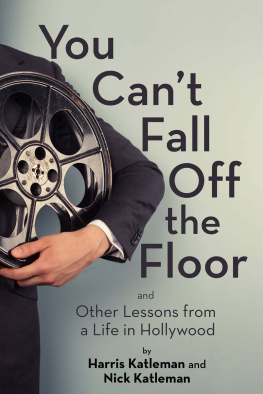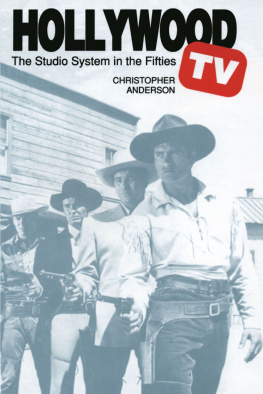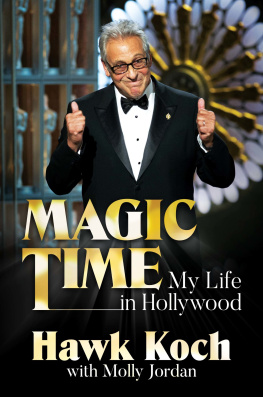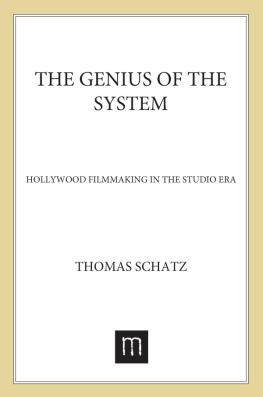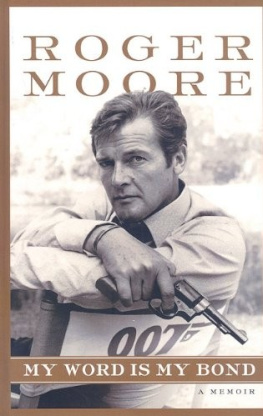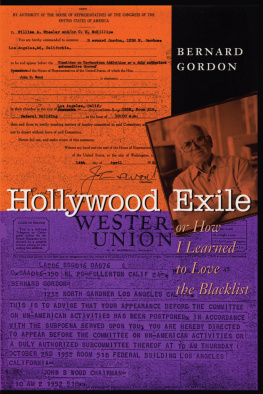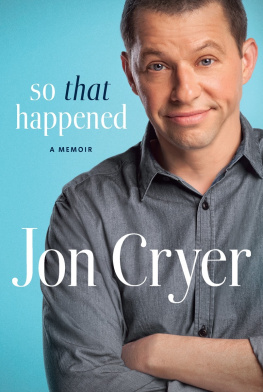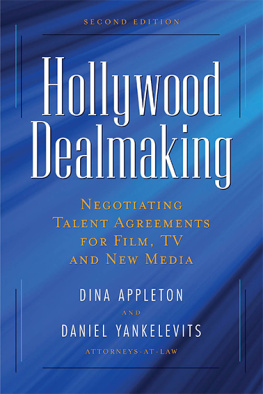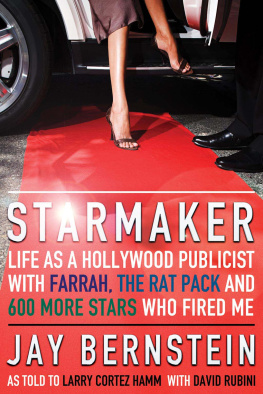Contents
Guide


You Cant Fall Off the Floor
Copyright 2019 by Harris Katleman and Nick Katleman
All rights reserved. No part of this book may be used or reproduced in any form or by any electronic or mechanical means, including information storage and retrieval systems, without permission in writing from the publisher.
For information, please contact RosettaBooks at , or by mail at
125 Park Ave., 25th Floor, New York, NY 10017
First edition published 2019 by RosettaBooks
Cover design and interior design by Christian Fuenfhausen
Library of Congress Control Number: 2018964390
ISBN-13 (print): 978-1-9481-2239-9
www.RosettaBooks.com
To Bess and Michael Katleman, who started it all.
And to my three children, seven grandchildren,
and nine great grandchildren (and counting).
You are my true inspiration and have
filled my life with love.
The events and conversations contained in this book all come from Harris Katlemans recollections, although they are not written to represent word-for-word transcripts. Events and conversations have been compressed in some cases. The authors have retold them in a way that evokes the feeling and meaning of what occurred and what was said, and in all instances, the essence of the dialogue is accurate. The authors have conducted fact-checking to the best of their ability and any inaccuracies are inadvertent.
Foreword
As a kid, I remember people talking about how Harris Katleman was an iconic figure in entertainment. To me, he was just my grandfather. The only evidence of his career was the Emmy perched on his bar, the picture of him with Grace Kelly in the dining room, and the Simpsons pinball machine in his office. But none of these items seemed to define himin my eyes, he was a charismatic patriarch with an undeniable presence in the room. It wasnt until I graduated college and started working in the mailroom at WME, a major Hollywood agency, that I recognized my grandfathers stature in the business. Eager to take full advantage of my tenure in entertainment graduate school, I started spending more time with him, if only to hear stories about his escapades in the business. I didnt expect to stumble upon a treasure trove of industry wisdom. Not only did my grandfather have a scholars grasp on the history of Hollywood, he had savvy insight into the modern trends and active players in the game. I witnessed a new side of hima side that explained how he had risen to such heights throughout his illustrious career.
As I embarked on a journey to co-write his life experiences, I learned a tremendous amount about the mechanics of the business. But my favorite part of the collaboration was observing my grandfathers raw passion. This is a man who lives and breathes entertainment in the best way possible. We can only hope that his love and enthusiasm for quality programming endures throughout generations to come.
NICK KATLEMAN
Preface
For the past several decades, Ive held two family dinners at my house every year: one for Passover and one for the December holidays. Ive had some bright moments over the course of my career, but I dont know a greater joy than sitting with my family together at the dinner table. At some point during every meal, my grandchildren turn to me with lights in their eyes and ask a flurry of questions about my career in the entertainment business.
How did you get your start in Hollywood?
How many famous people do you know?
Did you really run Fox Television?
For years, I dodged their questions, not wanting to bore anyone with stories of a bygone career. But these questions caused me to reflect on my experiences representing talent at MCA, developing shows at Goodson Todman Productions, building a television slate at a production company of my own, and serving as president and chairman of the board at MGM and Twentieth Century Fox. The lessons Ive learned not only reflect Hollywood during the dawn of television, they apply to the industry as it stands today. Theyre also pretty damn entertaining. So I resolved to craft a book not only for my family, but for the future generations of the industry that I love so dearly. I hope that my brightest moments and greatest pitfalls can offer guidance to the rainmakers of tomorrow who are carving their own paths through the business.
As I sat down with my grandson to pen the morsels of wisdom Ive acquired, my mind trailed off to the gravelly voice of Marvin Davis, the billionaire oilman who owned Twentieth Century Fox.
Harris, he told me, if the Soviets drop a nuke, I want to be standing next to you. Youre the consummate survivor.
Im not sure that Id make the best doomsday companion, but as I reflect upon the figures with whom Ive interacted over the last sixty-five years, I must admit that my careers been colorful. Ive played ball with the titans of show business: Lew Wasserman, Jules Stein, Mark Goodson, Kirk Kerkorian, Barry Diller, Marvin Davis, Rupert Murdoch, and all the brightest stars of the mid-twentieth century. Ive dedicated my vocation to sculpting narratives for consumptionartificial narratives that thwart the pull of everyday life. And still, the best stories Ive experienced have been capped behind screensin the boardrooms, offices, and restaurants of a desert town called Hollywood.
HARRIS KATLEMAN
Stars, Scrotums & Mail Carts
19491951
On a mild December evening in 1951, I left my office at MCA, the juggernaut of all Hollywood agencies, with plans to grab a cocktail with an industry executive. I was twenty-three years old, living in the heart of the entertainment industry, and cutting my teeth to make a name for myself. Strolling down the palm-lined drive toward the parking lotironically the site of todays police stationI noticed a woman with eyes like saucers. She hid behind the steering wheel of her Cadillac watching two men embroiled in a fiery exchange. I turned to find the silhouette of one figure reaching into his jacket pocket. Then, two flashes and two pops sent me leaping behind a signpost. The woman in the Cadillac skidded toward Santa Monica Boulevard as the victim wobbled like a speared bull.
By the time I trotted up to the wounded man, he was curled on the ground with a veil of hate across his face. I was aghast to identify him as Jennings Lang, one of the major executives at the agency.
Jennings? Whered he tag you?! I asked.
That two-bit producer blew my balls off!
As Jennings and I hobbled to my car with the crotch of his suit pants soaked in blood, I found myself whirled into the familiar disorientation that only Hollywood can offerthe same feeling that forced me to ask myself countless times throughout my career, Where the hell am I?
I had always thought of Jennings Lang as quick to smile, with a blockish set of teeth polished between thin, sealed lips. Among the major list of names on his client roster, Jennings represented Joan Bennett, who had performed in a number of significant films like Scarlet Street and The Woman in the Window . They shared a good relationship that grew a bit too good for Jenningss sake. Though Jennings was a bachelor, Joan had married the German Jewish producer Walter Wanger, who was responsible for classic films like Arabian Nights and Joan of Arc . Wanger was a rainmaker with relationships at every studio and a European narcissism to match.
Jennings shouldnt have dipped his pen in the ink he was writing with, but he wasnt one for rules. So he commissioned help from his underling Jay Kanter, who rented an unassuming apartment in Beverly Hills just a few blocks from the MCA complex. With a copy of the key, Jennings used the unit to enjoy many an afternoons delight with his favorite client. A few months in, however, Wanger followed the couple to Jays apartment, where he confirmed his suspicions of adultery. With a vendetta against Jennings, he stalked the MCA parking lot, waiting to blast my colleagues member to bits.

